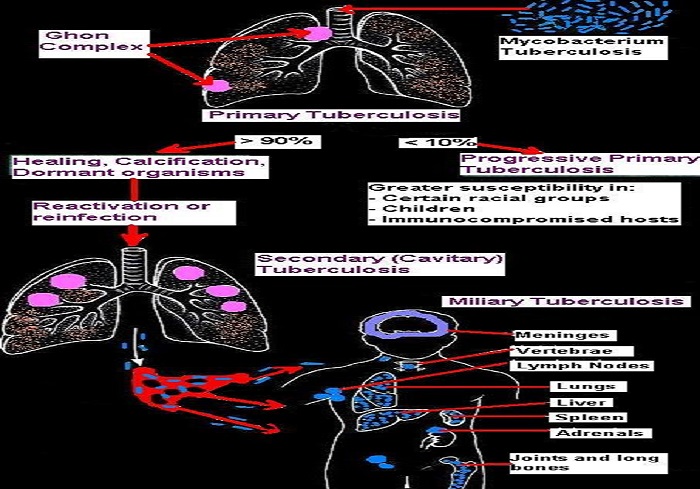Bovine tuberculosis is a chronic bacterial disease of animals caused by members of the Mycobacterium tuberculosis complex, primarily by M. Bovis. It is a major zoonotic disease, and cattle are the main source of infection for humans. It also affects other domesticated animals such as sheep, goats, equines, pigs, dogs, and cats, and wildlife species such as wild boars, deer, and antelopes. The name ‘tuberculosis’ comes from the nodules called ‘tubercles’, which form in the lymph nodes and other tissues of affected animals and humans. Although the infection in cattle herds has been controlled in most countries, complete elimination of the disease is complicated by persistent infection of wild animals, such as European badgers in the United Kingdom, white-tailed deer in parts of the United States of America, and brushtail possums in New Zealand. Bovine tuberculosis remains a serious problem for animal and human health in many developing countries.

